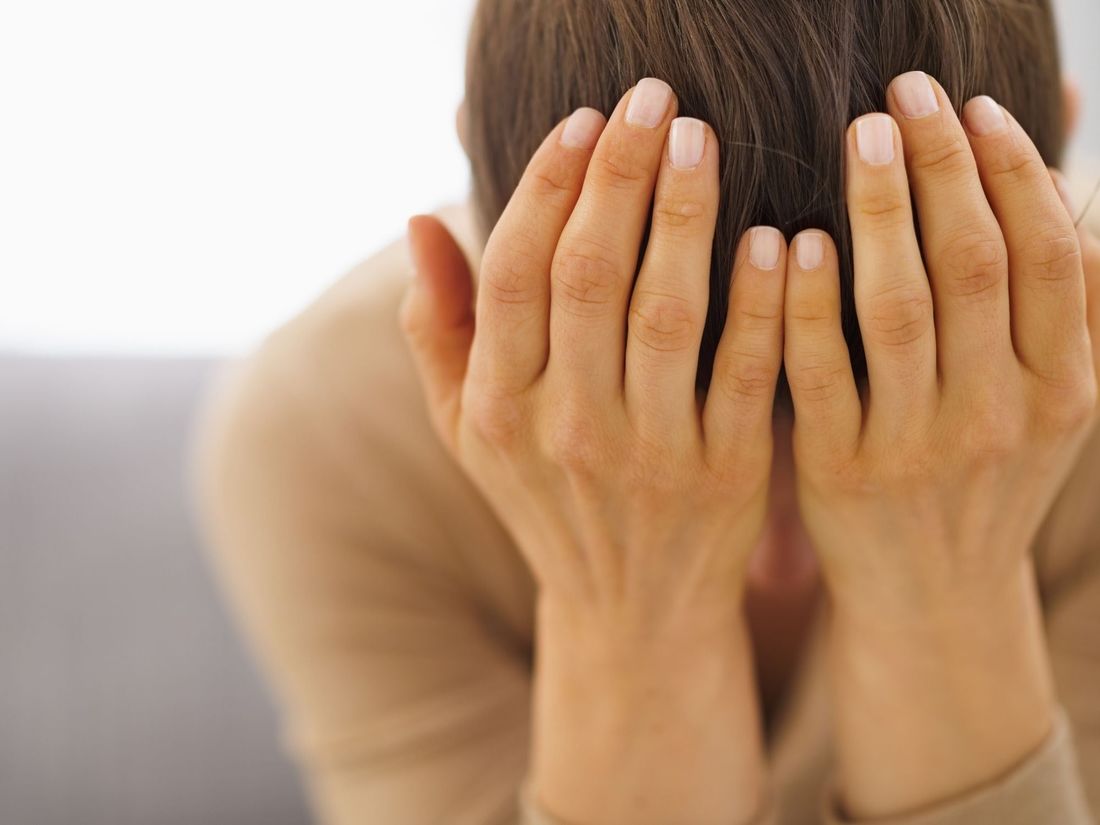The Stress Effect
In my last post, I wrote about the impact of trauma on people’s lives - particularly pandemic trauma. The pandemic has affected people globally and everyone has been impacted in one way or another.
Part of the knock-on effect of the pandemic is stress and anxiety. As previously noted, there has been a rise in mental health issues globally. Any impact from the pandemic compounds pre-existing strains on mental health. Even physical health, because mind and body are intimately connected. Pandemic stress and anxiety are multi-layered. Being in lockdown brings its own set of emotional, mental and physical challenges. Many people are not okay with being house-bound. Others have had to walk away from job security. Many have become unemployed. There are household tensions, work-life balance tensions, and uncertainty about the future.
These are just some of the stresses around the pandemic. But there are a whole array of other stresses.
Stress and the Body
The impact of stress in itself on human health and well-being is well documented. Non-pandemic stress, or stress beyond the current crisis, affects the human body in a variety of ways. And to be clear, I am referring to too much negative stress, not positive stress which at least has some benefits.
In a recent study conducted by the World Health Organisation (WHO), it was found that working long hours- greater than 55 hours a week irrespective of the job - dramatically increases a person’s risk of dying from stroke or heart attack. This alarming research confirms once again the link between stress and poor health outcomes and the flip side of inadequate stress management. Renowned physician and wellness guru Deepak Chopra has called stress the biggest epidemic facing society, and says now more than ever, since the pandemic, people must find better ways to manage stress.
The following is an excerpt from my forthcoming book exploring baby loss, and I think it is worth including here:
"On the physiological level, a stress response triggers the release of catecholamines, initiating the flight-or-fight response, impacting directly on the brain and allowing the body to switch into survival mode in response to a perceived threat to safety. When this ancient survival mechanism is on constant high alert, one of the consequences is increased potential for chronic inflammation and adrenal fatigue which in turn can lead to disease.
For illustration purposes, an example of the stress effect and the physiological impact of catecholamines on human physiology and the effect of the stress reaction on one’s heart, particularly from shock, loss and grief is Broken Heart Syndrome. Broken Heart Syndrome or ‘stress cardiomyopathy’ made it into our medical textbooks in the space of a couple of years when I was doing my paramedicine degree. It is now recognised as an actual condition affecting the heart with the potential to impact mortality.

When a person experiences profound grief such as with the death of a spouse, or sudden shock, even a positive shock, this has the potential to release large amounts of stress hormones that carry with them the possibility of ‘stunning’ the left ventricle of the heart. This ventricle is the chamber that sends blood to the rest of the body when it contracts. If it freezes, it affects the function and shape of the heart, simultaneously starving the body of adequate blood flow and oxygen. In some cases, this can lead to death. In many cases, if it is recognised and treated properly, it can be reversed."
It is no surprise that in less extreme scenarios, the very same stress hormones that are considered vital to survival in the flight or fight response, carry - in excessive quantities and over time - the potential to wreak havoc on one’s health.
As is abundantly clear, there are adverse effects of stress that the pandemic has amplified for too many people globally. The fallout from this is yet to be fully seen, and will likely continue to unfold over the coming years.
We can either do something to counteract the Stress Effect, or face the possibility of more pandemic fallout!
In my next post, I’ll share more about the Stress Effect and why this is important. I’ll also share with you some GOOD news about ways we can tackle pandemic fallout and the effects of too much stress.
Want to Feel Less Stressed?I have the perfect solution for you! To get you started on your way to less stress and overwhelm, I have created a free guide to help reduce the effects of stress right away. No waiting, just simple, actionable steps to help you reduce stress now and begin to take back control of your stress and anxiety. Don't wait for a warning sign or wake up call. Begin today! 6 Steps to De-Stress |

